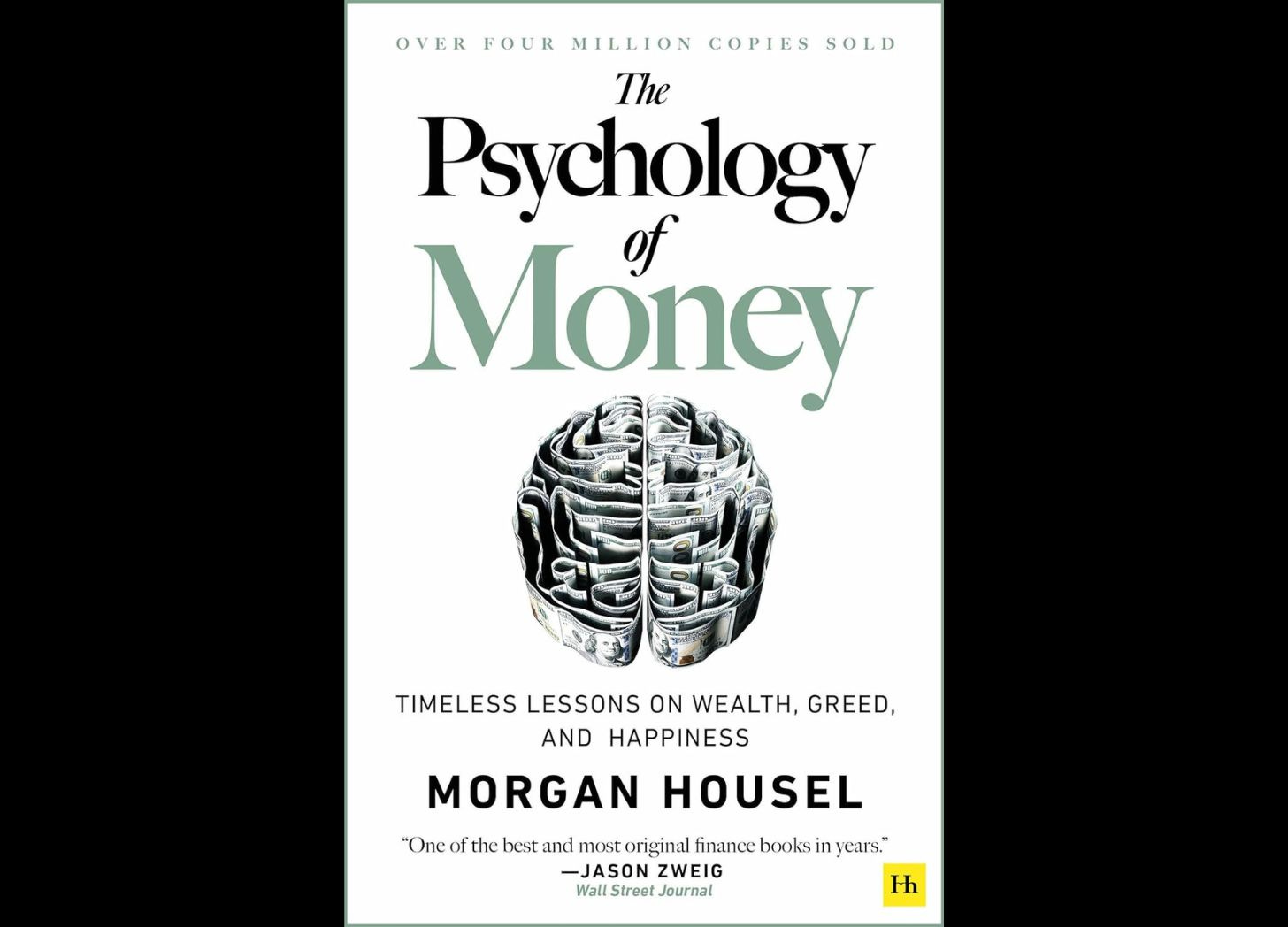Book Byte # 177 "The Psychology of Money" by Morgan Housel
Timeless lessons on wealth, greed, and happiness
📣 Curious Quotes from the Author
“Some people are born into families that encourage education; others are against it. Some are born into flourishing economies encouraging of entrepreneurship; others are born into war and destitution. I want you to be successful, and I want you to earn it. But realize that not all success is due to hard work, and not all poverty is due to laziness. Keep this in mind when judging people, including yourself.”
“Money’s greatest intrinsic value—and this can’t be overstated—is its ability to give you control over your time.”
“Spending money to show people how much money you have is the fastest way to have less money.”
“Use money to gain control over your time, because not having control of your time is such a powerful and universal drag on happiness. The ability to do what you want, when you want, with who you want, for as long as you want to, pays the highest dividend that exists in finance.”
“Things that have never happened before happen all the time.”
“Planning is important, but the most important part of every plan is to plan on the plan not going according to plan.”
“Be nicer and less flashy. No one is impressed with your possessions as much as you are. You might think you want a fancy car or a nice watch. But what you probably want is respect and admiration. And you’re more likely to gain those things through kindness and humility than horsepower and chrome.”
“Napoleon’s definition of a military genius was, “The man who can do the average thing when all those around him are going crazy.”
“There is no reason to risk what you have and need for what you don’t have and don’t need.”
“Having a strong sense of controlling one’s life is a more dependable predictor of positive feelings of wellbeing than any of the objective conditions of life we have considered.”
“Financial success is not a hard science. It’s a soft skill, where how you behave is more important than what you know.”
“Therefore, focus less on specific individuals and case studies and more on broad patterns.”
“Controlling your time is the highest dividend money pays.”
“Saving is the gap between your ego and your income.”
“Independence, to me, doesn’t mean you’ll stop working. It means you only do the work you like with people you like at the times you want for as long as you want.”
📚 Cognition of the Book’s Big Idea
Real-world financial decision-making is far more complex than it is in economics textbooks. While many decisions aren't rational, many do make sense in their own right, such as purchasing lottery tickets while you're broke. Similarly, people's decisions about investments are frequently influenced more by their early experiences with the economy than by objective assessments of the state of the market. In other words, psychological issues are intertwined with financial decisions. So what is the best course of action? Alright, then acknowledge that luck is a part of success, develop a fear of losing what you already have, and spread your bets.
🤝Collaborative Insight for Techies
The financial world, like many other industries, are rife with errors and bad actors. Yet the baseline advice remains in the same pattern as other industries. Little by little, good work compounds and it helps add to each other within the ups and downs of any career or industry.
Take Risks, fail, learn and then try again…
and don’t ever give up that cycle
My Software Stack: I use Skool for my Online Community Platform and ClickFunnels for my Landing Pages, Payments, and Email Sequencing. I use Substack for my Newsletter and Taskade for AI Note Taking/Second Brain/Project Management. I use my Personal Amazon Store for Tech and Book Recommendations.
Try out the "Think and Grow Rich Challenge" by Russell Brunson and Learn more about the First Self Help Author Napoleon Hill

